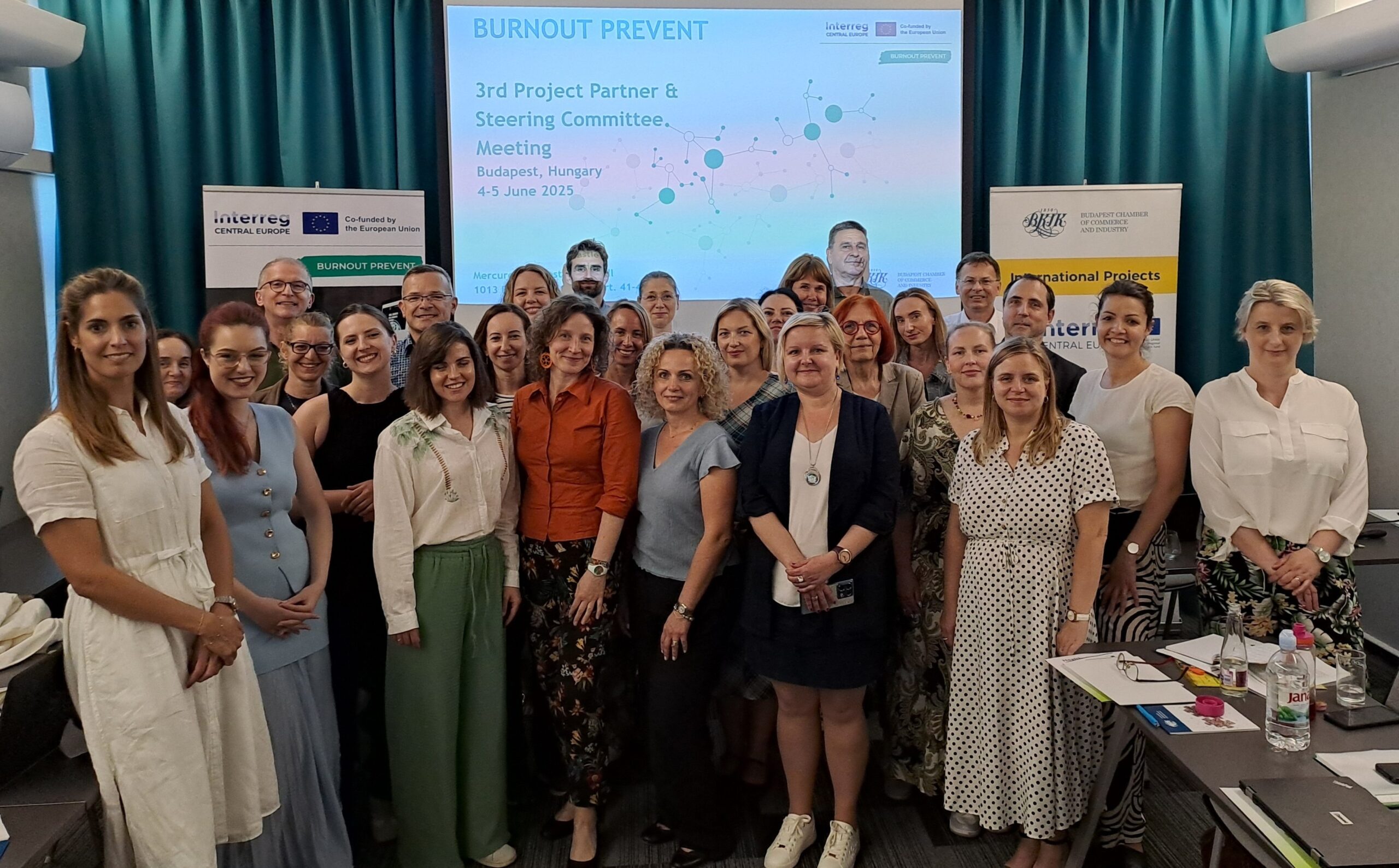Our project partner, the National Centre for Public Health and Pharmacy in Budapest, Hungary, presented the findings of a study conducted by the European Agency for Safety and Health at Work (EU-OSHA), “Strategies and Legislation on Psychosocial Risks in Six European Countries.” According to the findings of the EU-OSHA and the study, stress, depression, or anxiety rank as the second most common work-related health issues. Nearly 45% of workers reported being exposed to work-related factors that could negatively impact their mental well-being.
Impact of the COVID-19 Pandemic
The COVID-19 pandemic significantly intensified psychosocial risks and brought mental health to the forefront of workplace safety discussions. Employees across various sectors experienced increased stress, job insecurity, and personal challenges. Frontline workers dealt with emotionally and physically demanding conditions, while those working remotely faced social isolation, blurred work-life boundaries, and digital fatigue.
The Role of Digitalisation
Digitalisation, already on the rise before the pandemic, rapidly accelerated during the crisis. While automation and digital tools can reduce physical risks by handling hazardous or repetitive tasks, they also introduce new mental health challenges. These include constant connectivity, lack of clear work-life separation, increased job insecurity, and exposure to online harassment. In response, many European countries have implemented policy measures, including the right to disconnect, teleworking regulations, and national mental health strategies, aimed at mitigating these effects.
European Policy and Legislative Developments
The European Commission has long addressed psychosocial risks within the framework of workplace safety legislation. The 1989 Framework Directive on Safety and Health at Work (89/391/EEC) remains a key legal foundation.
To assess national efforts, the European Commission conducted a Peer Review on the Legislation and Practical Management of Psychosocial Risks at Work in 2019, followed by a second round in 2024. These reviews offer valuable insights into the diversity of strategies across EU Member States and promote the exchange of good practices.
A milestone in EU-level policymaking came in 2023 with the launch of the Comprehensive Approach to Mental Health, announced by Commission President Ursula von der Leyen. This strategic initiative places a strong emphasis on prevention and includes workplace mental health as one of six priority policy areas.
In addition, the EU Strategic Framework on Occupational Safety and Health 2021–2027 highlights psychosocial risks as a core concern, particularly in the context of managing change in the workplace.
To read the full study, visit: https://osha.europa.eu/en/publications/strategies-and-legislation-psychosocial-risks-six-european-countries
